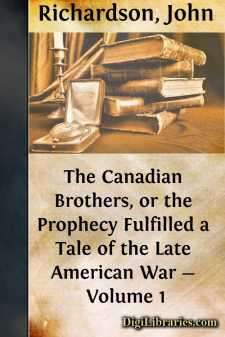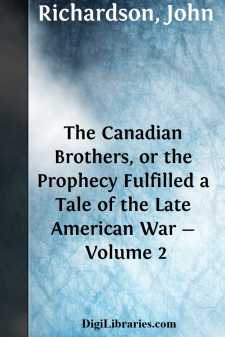Categories
- Antiques & Collectibles 13
- Architecture 36
- Art 48
- Bibles 22
- Biography & Autobiography 816
- Body, Mind & Spirit 145
- Business & Economics 28
- Children's Books 18
- Children's Fiction 14
- Computers 4
- Cooking 94
- Crafts & Hobbies 4
- Drama 346
- Education 58
- Family & Relationships 59
- Fiction 11834
- Foreign Language Study 3
- Games 19
- Gardening 17
- Health & Fitness 34
- History 1378
- House & Home 1
- Humor 147
- Juvenile Fiction 1873
- Juvenile Nonfiction 202
- Language Arts & Disciplines 89
- Law 16
- Literary Collections 686
- Literary Criticism 179
- Mathematics 13
- Medical 41
- Music 40
- Nature 179
- Non-Classifiable 1768
- Performing Arts 7
- Periodicals 1453
- Philosophy 66
- Photography 2
- Poetry 897
- Political Science 203
- Psychology 45
- Reference 154
- Religion 516
- Science 126
- Self-Help 86
- Social Science 82
- Sports & Recreation 34
- Study Aids 3
- Technology & Engineering 59
- Transportation 23
- Travel 463
- True Crime 29
Our website is made possible by displaying online advertisements to our visitors.
Please consider supporting us by disabling your ad blocker.
The Canadian Brothers, or the Prophecy Fulfilled a Tale of the Late American War - Volume 1
by: John Richardson
Categories:
Description:
Excerpt
DEAR SIR,—I beg to acknowledge the receipt of your letter of the 9th, and to acquaint you that His Majesty acquiesces in your wish to be permitted to dedicate your new work to him.
I remain, Dear Sir, your faithful Servant,
(Signed,) H. TAYLOR.
Lieut. RICHARDSON, &c, &c. &c.
H. P. 92nd Regt.
By the above letters, two material points are established. The first is that, although works of fiction are not usually dedicated to the Sovereign, an exception was made in favour of the following tale, which is now for the first time submitted to the public, and which, from its historical character, was deemed of sufficient importance not to be confounded with mere works of fiction. The exception was grounded on a chapter of the book, which the seeker after incident alone will dismiss hastily, but over which the more serious reader may be induced to pause.
The second, and not least important, point disposed of, is one which the manner in which the principal American characters have been disposed of, renders in some degree imperative.
The Author has no hesitation in stating, that had it not been for the very strong interest taken in their appearance, by a portion of the American public in the first instance, these volumes never would have been submitted to the press of this country. Hence, to a corresponding feeling might, under other circumstances, have been ascribed the favorable light under which the American character has been portrayed. From the dates of the above letters from the principal Aid-de-Camp and Private Secretary to His late Majesty, it will, however, be seen, that the work was written in England, and therefore before there could have existed the slightest inducement to any undue partiality.
That this is the case, the Author has reason to rejoice; since in eschewing the ungenerous desire of most English writers on America, to convey a debasing impression of her people, and seeking, on the contrary, to do justice to their character, as far as the limited field afforded by a work, pre-eminently of fiction, will admit, no interested motive can be ascribed to him. Should these pages prove a means of dissipating the slightest portion of that irritation which has—and naturally—been engendered in every American heart, by the perverted and prejudiced statements of disappointed tourists, whose acerbity of stricture, not even a recollection of much hospitality could repress; and of renewing that healthy tone of feeling which it has been endeavoured to show had existed during the earlier years of the present century, the Author will indeed feel that he has not written in vain.
One observation in regard to the tale itself. There is a necessary anachronism in the book, of too palpable a nature not to be detected at a glance by the reader. It will. however, be perceived, that such anachronism does not in any way interfere with historical fact, while it has at the same time facilitated the introduction of events, which were necessary to the action of the story, and which have been brought on the scene before that which constitutes the anachronism, as indispensable precursors to it. We will not here mar the reader's interest in the story, by anticipating, but allow him to discover and judge of the propriety of the transposition himself....










